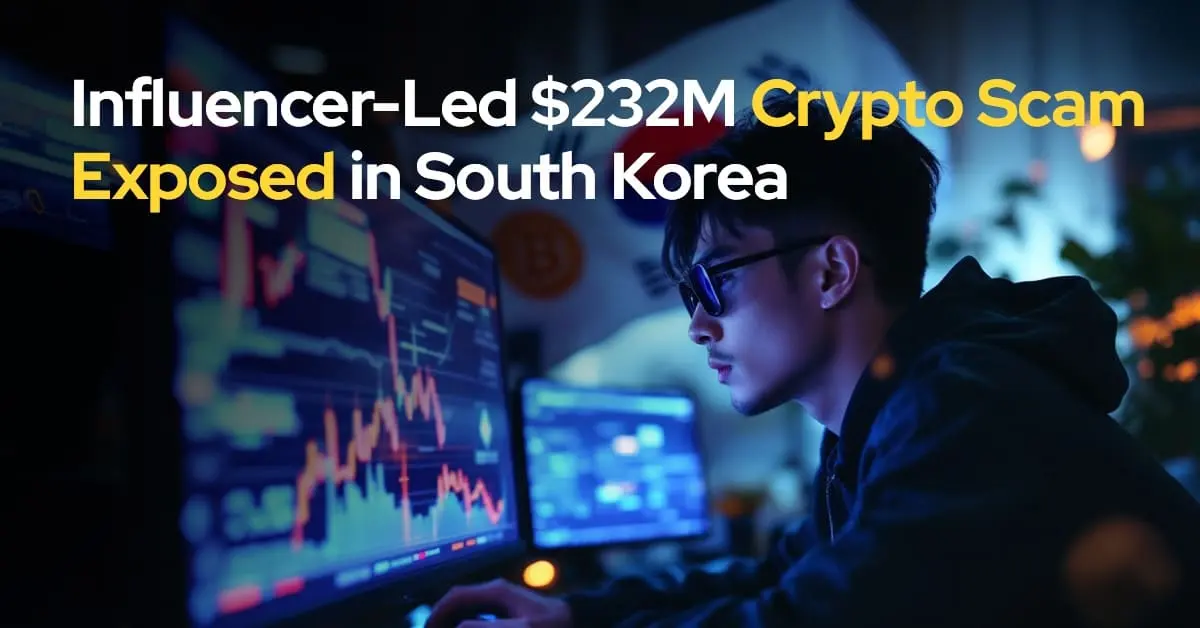简体中文
繁體中文
English
Pусский
日本語
ภาษาไทย
Tiếng Việt
Bahasa Indonesia
Español
हिन्दी
Filippiiniläinen
Français
Deutsch
Português
Türkçe
한국어
العربية
Malaysian Contractor Loses RM688K to Online Investment Scam
Abstract:A 50-year-old contractor from Johor became the latest victim of an online investment scam, losing a staggering RM688,000 after being lured by an attractive scheme he discovered on Facebook. The scam, known as DFA, promised exceptionally high returns and involved an elaborate web of communication through social media and investment groups.

A 50-year-old contractor from Johor became the latest victim of an online investment scam, losing a staggering RM688,000 after being lured by an attractive scheme he discovered on Facebook. The scam, known as DFA, promised exceptionally high returns and involved an elaborate web of communication through social media and investment groups.
The contractor first encountered the fraudulent investment opportunity on Facebook and was drawn in by its promise of significant profits. He reached out to a contact person on the platform and was subsequently added to a WhatsApp group, where he was provided with further details about the scheme. The group, filled with supposed investors, presented the investment as legitimate, reinforcing his confidence.
According to Seri Alam police chief Sohaimi Ishak, the contractor began his involvement with the scheme on July 26. He was taught how to invest through video calls and was enticed by promises of up to 410% returns. The scheme spanned five phases, requiring his participation over a period of five months. Convinced by the professional presentation and lucrative promises, he decided to commit financially.

To facilitate the investment, the contractor was instructed to download an application called ATS-P. Over the course of the scam, between July 31 and September 8, he made 17 separate transactions, transferring funds to three different bank accounts linked to the scheme. The total amount invested reached RM688,000 by the time he reached the fourth phase.
However, when the contractor attempted to withdraw the RM64,000 in profits he had supposedly earned earlier this month, he was met with difficulties. His withdrawal requests were repeatedly denied, leading him to suspect that something was amiss. Seeking clarity, he reached out to the individual who had introduced him to the scheme, only to be told that an additional payment was required before the withdrawal could be processed.
Refusing to send any more money, the contractor‘s account was abruptly frozen, leaving him with no access to either his initial investment or the promised profits. Realizing he had fallen victim to a scam, he contacted the company’s headquarters directly. To his shock, he was informed that the company had no involvement in any investment schemes, confirming that the entire operation was fraudulent.
Following this revelation, the contractor filed a police report, seeking justice and warning others about the dangers of falling for such scams. The case highlights the growing prevalence of online investment fraud, particularly on social media, where scammers often lure unsuspecting individuals with promises of high returns.

Disclaimer:
The views in this article only represent the author's personal views, and do not constitute investment advice on this platform. This platform does not guarantee the accuracy, completeness and timeliness of the information in the article, and will not be liable for any loss caused by the use of or reliance on the information in the article.
Read more

PayPal Expands PYUSD Transfers to Ethereum and Solana
PayPal's PYUSD stablecoin can now transfer across Ethereum and Solana, enhancing flexibility for users through a LayerZero cross-chain integration.

Crypto Scammer Pleads Guilty in $73 Million “Pig Butchering” Fraud
The scammer behind a $73 million pig butchering scheme has pleaded guilty to defrauding victims through fake cryptocurrency investments.

Influencer-Led $232M Crypto Scam Exposed in South Korea
South Korean authorities recently dismantled a large-scale cryptocurrency scam, allegedly orchestrated by a popular YouTuber referred to as Mr. A, which misled over 15,000 investors and amassed nearly 325.6 billion Korean won (approximately $232.7 million USD).

Robinhood Reinstates SOL and ADA Amid Expanding Crypto Offerings
Robinhood brings back SOL and ADA for U.S. investors after delisting due to SEC concerns, adding XRP and PEPE in an expanded lineup of 19 cryptocurrencies.
WikiFX Broker
Latest News
JUST Finance and UBX Launch Multi-Currency Stablecoin Exchange
XM Revamps Website with Sleek Design and App Focus
TradingView & Mexico’s Uni. Partnership, to Enhance Financial Education
Something You Need to Know About SogoTrade
Global Shift in Cryptocurrency Taxation: Italy and Denmark Chart New Paths
Webull Introduces 24/5 Overnight Trading to Extend U.S. Market Access
eToro Launches Global-Edge Smart Portfolio: A Balanced Approach to Growth and Stability
Darwinex advises traders to update MT4 & 5
Revolut X Expands Crypto Exchange Across Europe, Targeting Pro Traders
Crypto Scammer Pleads Guilty in $73 Million “Pig Butchering” Fraud
Currency Calculator


